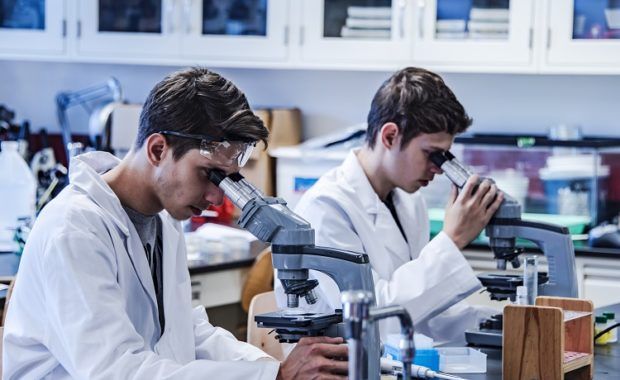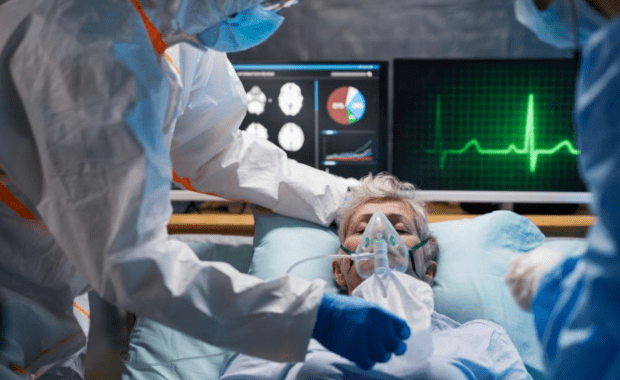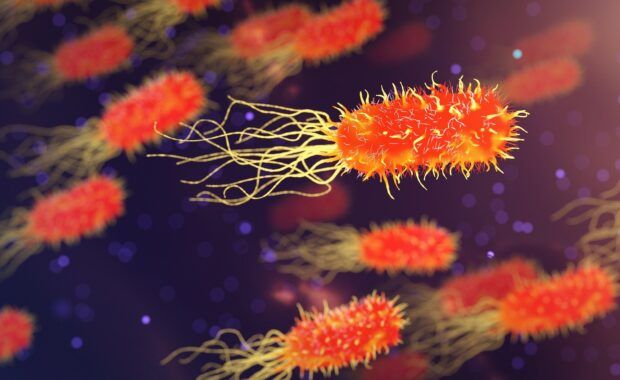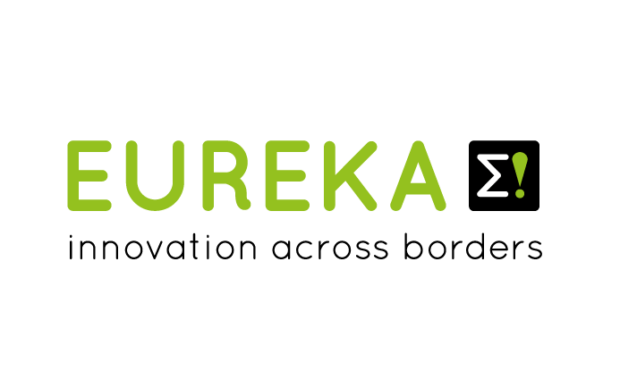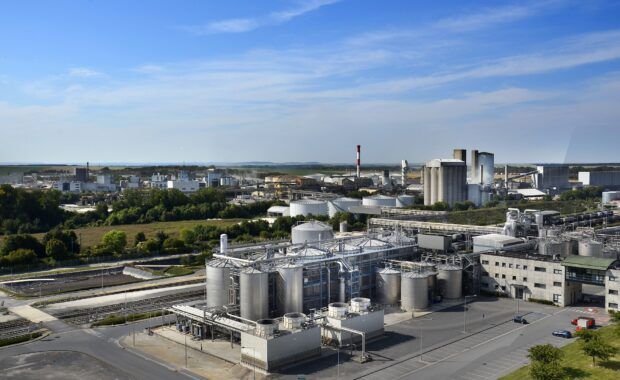Only 5% of European start-ups scale-up and pursue the position of world tech leaders. As high growth companies are the ones largely responsible for job creation and economic benefit, this is a missed opportunity. These growth barriers are even higher for truly high-risk deep tech innovators, the main target of EIC instruments. Considering the high-tech […]
Read MoreH2020. Optimal treatment for patients with solid tumours in Europe through Artificial Intelligence
The scope of this call topic is to establish guideline-based decision support and platform solutions to generate knowledge discovery for breast, lung and prostate cancer with applicability to other indications, in several European (EU member states and H2020 associated countries) ‘model’ regions. The funded action will focus only on breast, lung and prostate cancer. These […]
Read MoreH2020. Shortening the path to Rare Disease diagnosis by using newborn genetic screening and digital technologies
The overall objective of this call topic is to shorten the path to RD diagnosis by using newborn / paediatric (infants during their first weeks of life) genetic screening; and, via application of advanced digital technologies that enable rare disease diagnosis / identification. The latter might require consolidation of existing fragmented efforts. Specific objectives Assessment […]
Read MoreH2020. A platform for accelerating biomarker discovery and validation to support therapeutics development for neurodegenerative diseases
Scope There are five objectives in the scope of this topic: Create a set of agreed principles to enable sharing and access to data and samples, taking into consideration all the established legal and ethical research standards and principles (e.g. General Data Protection Regulation (GDPR), legal, intellectual property (IP), ethical, regulatory, societal issues) and their […]
Read MoreH2020. Behavioural Model of Factors Affecting Patient Adherence
Patient non-adherence to prescribed treatment is an issue that affects patient health outcomes and healthcare system costs worldwide. It is estimated that it contributes to 200 000 premature deaths in the EU each year, and the annual costs of avoidable hospitalisations, emergency care and adult outpatient visits are assessed at EUR 125 billion. Addressing the […]
Read MoreH2020. Repurposing of manufacturing for vital medical supplies and equipment
Proposals for innovation actions targeted under this topic should address the re-orientation and repurposing of production capacities to meet the urgent needs of our societies for vital medical supplies and equipment. Objectives The repurposing, adaptation and ramp-up of production lines to quickly adjust to new and urgent production needs, notably medical equipment (e.g. personal protective […]
Read MoreH2020. New approaches for clinical management and prevention of resistant bacterial infections in high prevalence settings
Antimicrobial resistance represents a serious threat to public health in Europe and beyond. Within the last decades resistance has increased considerably in many clinically important pathogenic bacteria. The challenge is to address this threat via a multi-disciplinary approach by developing suitable clinical management and infection prevention plans detailing how to deal with resistant bacterial infections […]
Read MoreEUREKA: Canada and Spain call for projects
The new joint call Spain-Canada in EUREKA for the submission of Technology Cooperation Proposals is now open. The National Research Council Canada Industrial Research Assistance Program (NRC IRAP) and the Centre for Industrial Technological Development, EPE (CDTI), national funding authorities for Canada and Spain respectively, are announcing this call for collaborative research and development (R&D) […]
Read MoreH2020-BBI: Resolve supply-chain hurdles for turning residual waste streams into functional molecules
The specific challenge is to resolve supply chain hurdles and enable the recovery and processing of functional molecules in residual streams from various sectors. Scope Create and integrate a sustainable supply-chain system into a value chain that is capable of using available or new technologies to use functional molecules in residual streams in high-value food […]
Read More



